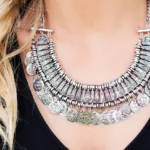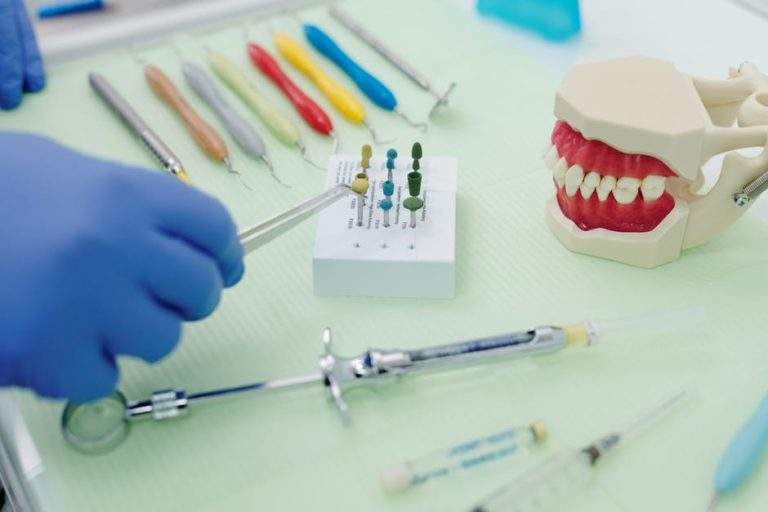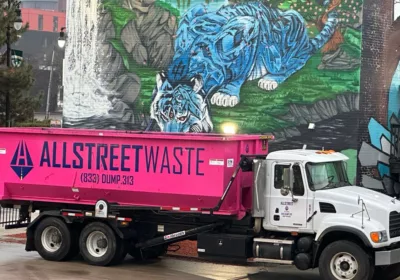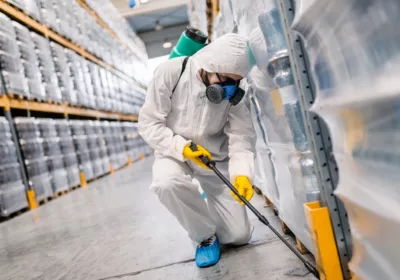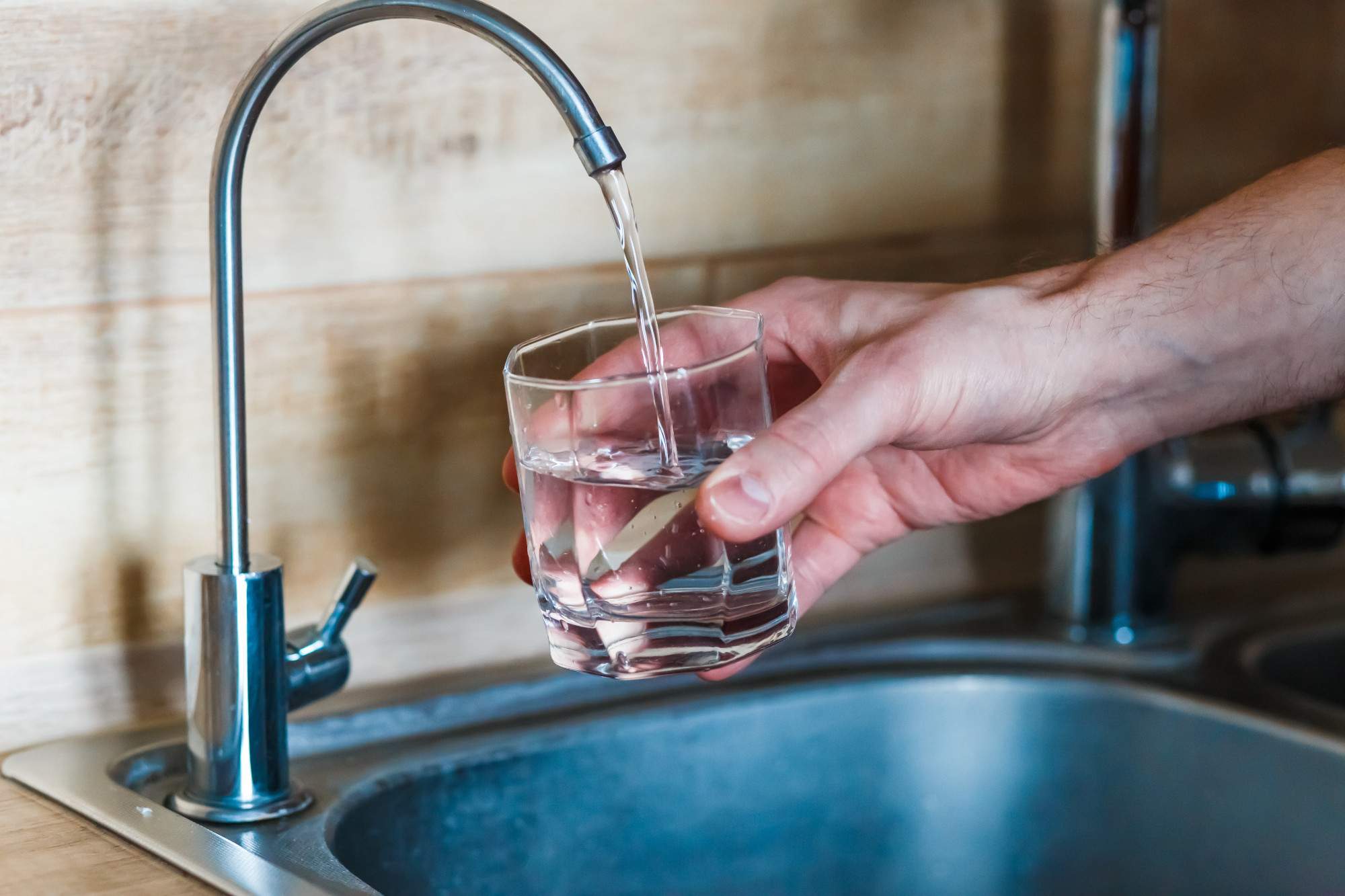
Water Softener vs. Filter: What Are the Differences?
No one wants unsafe drinking water in their homes. Fortunately, EPA drinking water regs have resulted in around 92 percent of all drinking water delivered by community systems being safe for consumption. Of course, safe for consumption doesn’t mean that water doesn’t have other problems.
Community water systems routinely treat water with chemicals that can affect the taste in negative ways. Plus, a lot of water has safe but undesirable minerals in it. Many people use an in-home system to help eliminate chemicals, minerals, and contaminants in their water.
The question most homeowners contend with is water softener vs. filter. Not clear on the differences? Keep reading for a quick breakdown and comparison.
What is a Water Softener?
If you ever heard the term hard water, what that means is the water has high levels of two things in it: calcium and magnesium. While these won’t typically harm you, they can leave your skin dry, cause spotting on dishes, and leave a post-shower residue. Even worse, it can prove corrosive to pipes in older homes.
A water softener system uses something called ion exchange. Essentially, it pulls calcium and magnesium out of your water and replaces them with salt.
While great for showers and dishes, water softener and plants don’t mix so well. The salt in the water eventually damages plants and soil.
What is a Water Filter?
A water filter also removes things from water, but typically not calcium or magnesium. Carbon water filters, for example, can remove VOCs, pesticides, and even heavy metals. All of which can prove detrimental to human health.
Reverse osmosis water filters will remove a wide range of contaminants, like lead, but they also help remove bacteria and viruses from your water. Reverse osmosis systems usually use a combination of carbon filters and membranes.
You can also find UV filters that expose water to light that also kills bacteria and viruses, but doesn’t remove contaminants.
What’s the Difference?
In essence, a water softener system is a kind of water filter in that it removes calcium and magnesium. It’s considered distinct from other water filter systems primarily because the other systems specifically remove contaminants that may prove harmful to human health.
You might consider water softening as a cosmetic water treatment that makes life more convenient. Water filters, while not absolutely necessary, can help add a layer of additional safety to your drinking water.
Water Softener Vs. Filter for Your Home
If you’re torn between water softener vs. filter for your home, understand that it’s not an either-or decision. You can get a water softener for general use in your home to get its benefits for things like showering. You can use a water filter system primarily in a space like your kitchen to help secure the potential health benefits for your drinking water.
If you’re not sure what you need, consider getting your water tested so you know what is more appropriate.
Looking for more home improvement tips? Check out the posts in our Home Improvement section.








